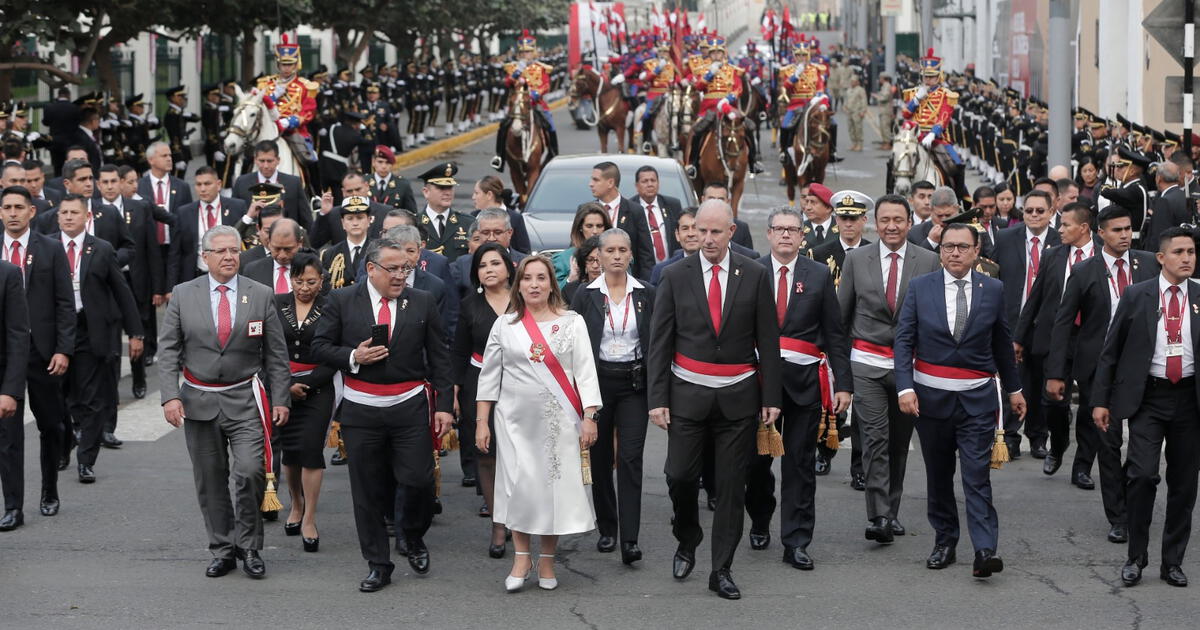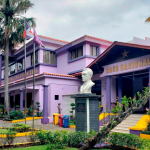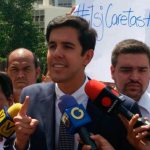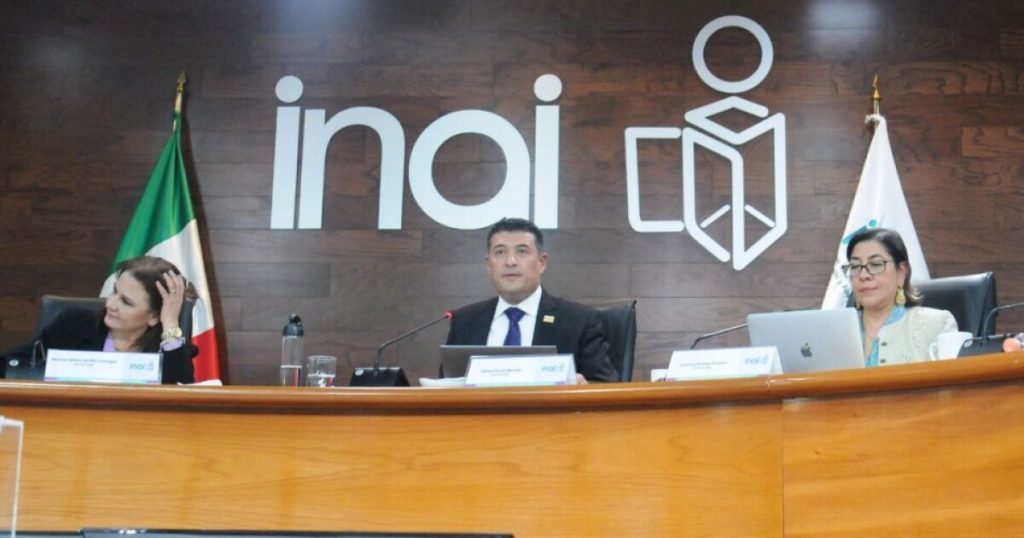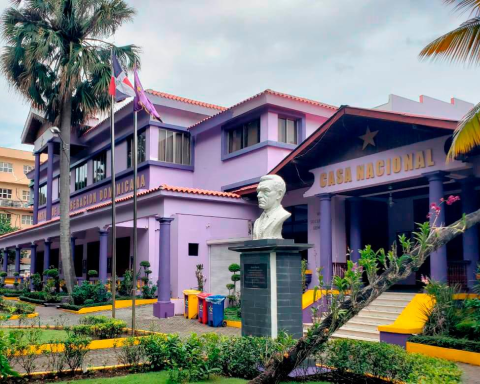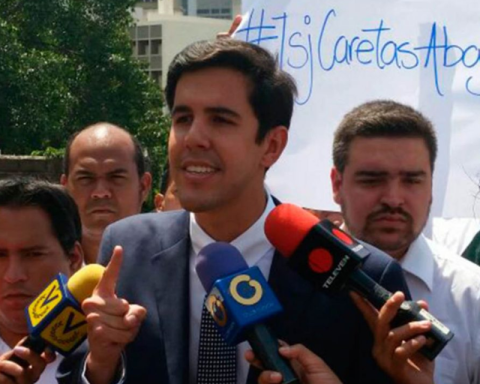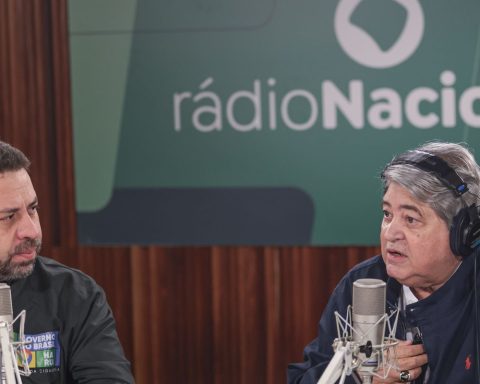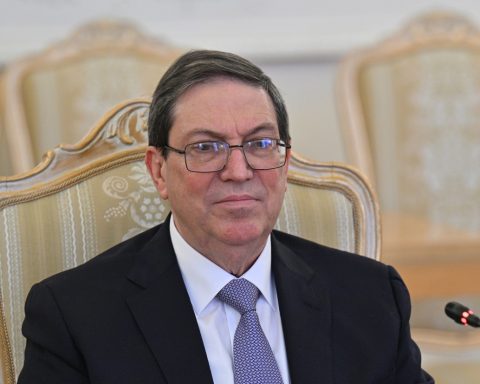The ministerial cabinet of President Dina Boluarte shows, in its composition, that The Government prioritizes surviving until 2026 supported by its allies in Congress. Several of them have links with the groups in the coalition that controls Parliament and a few others maintain ties with the entourage of the head of state herself. This note explains how it is formed.
To begin with, the President of the Council of Ministers, Gustavo Adrianzén, has formed a law firm that merged with the one owned by the current Minister of the Interior, Juan José Santiváñez, in which the lawyer Luis Vivanco was a member, who now represents Nicanor Boluarte, the president’s brother, in the case “Waykis en la Sombra”, as revealed by Latina.
Foreign Minister Javier Gonzales Olaechea was a political scientist who appeared in the media as an analyst in favor of Keiko Fujimori in the 2021 elections and his appointment to the foreign ministry was welcomed by Fuerza Popular.
In the 1990s, Gonzales Olaechea was a member of Mario Vargas Llosa’s Freedom Movement and later of Alberto Borea’s Democratic Forum. He was a spokesperson for Javier Pérez de Cuéllar and ran for Congress for his political party, Union for Peru (UPP), according to his own statements. Currently, he stands out for his more conservative than liberal positions.
Boluarte and Gonzales Olaechea have named José Luis Sardón as Peru’s representative to the OAS and Luis Iberico as ambassador to Spain. The former is a supporter of Fujimorism and has a brother involved in a legal case involving Keiko Fujimori. The latter advises César Acuña and was a congressman for the Alliance for Progress (APP).
Interior Minister Juan José Santiváñez publicly and with peculiar belligerence supported Keiko Fujimori’s candidacy in 2016, and claimed to be part of her technical team.
Santiváñez complicates his situation when chats were revealed in which he seeks information about Nicanor Boluarte in order to obtain the position and mentions that “Fuerza Popular asked for 4 ministries and Acuña for 2,” according to what was broadcast by the Punto Final program of Latina, last Sunday. The Ministry of the Interior denies the veracity of these records, which have already reached the Prosecutor’s Office.
Meanwhile, the Minister of Energy and Mines, Rómulo Mucho, was part of Keiko Fujimori’s technical team in 2021. He joined in the second round citing the hackneyed “fight against communism.”
Close to APP
The head of Justice and Human Rights, Eduardo Arana, was an APP candidate to be alderman of the Lima district of San Isidro in the 2018 municipal elections, and in the current Parliament he was an advisor to Congresswoman Gladys Echaíz, who ran and was elected in 2021 on the APP list (the following year she resigned “for reasons of conscience”). He also advised the Judiciary when it was presided over by then Supreme Court Justice Javier Villa Stein.
Likewise, the Minister of Health, César Vásquez, is an important APP activist: he was the general manager and legal representative of this party until early 2021. Before that, he was a congressman elected with this group from 2016 to 2019, when that Parliament was dissolved.
The Minister of Labor and Employment Promotion, Daniel Maurate, had Nicanor Boluarte as Vice Minister of Employment Promotion when he headed this same portfolio in the government of Ollanta Humala. His closeness to Adrianzén also comes from that administration.
In addition, he also has ties to Acuña: he was the lawyer for the leader of APP in a case that he had to face. In addition, Jessica Tumi, who has been the regional political coordinator for Lima of APP and advisor to Congresswoman Lady Camones (from Acuña’s political group), when she was vice president of Parliament, now works in his ministry. Tumi is the director of the Llamkasun Perú program, of the Ministry of Labor.
Maurate also faces demands from labor unions regarding the minimum wage. “The meetings to raise the minimum wage will begin in the second week of August,” he also said on Sunday after the presidential address on July 28, after a year of pending promise.
The Minister of Foreign Trade and Tourism, Elizabeth Galdo, is a member of Avanza País, another influential group in Parliament and an ally of Fujimorism, APP and Peru Libre in the formation of the Board of Directors. In addition, she worked for the multinational firm Telefónica.
For her part, the Minister of Women and Vulnerable Populations, Angela Hernandez, was a member of Somos Peru from 2004 until this year. This political group has supported with its votes the election of the boards of directors that control APP and the so-called Fujicerronrismo.
The Minister of Development and Social Inclusion, Julio Demartini Montes, has the trust of Boluarte herself, having been her deputy minister when she headed this portfolio, during the government of Pedro Castillo. In the past, he was part of the regional movement Chimpum Callao, led by Alex Kouri, Félix Moreno and Juan Sotomayor, in the port city.
Playing against for 2026
Approach by Antonio Zúñiga, political scientist and professor at the Pontifical Catholic University of Peru (PUCP) and the Antonio Ruiz de Montoya University (UARM)
Because of the alliance that exists between the executive and legislative branches, it would seem that the country would have a healthier democracy if there were more conflict instead of this type of consensus. Conflict would provide an image of a certain counterbalance between the two branches.
The fact is that the durability of this coalition does not improve the quality of governance, and it is not an extremely solid alliance either, although it is very likely that they will last until 2026.
On the other hand, it could generate an ambivalent effect on the parties in Congress that participate more actively in this alliance with the Executive. While, on the one hand, it is favorable for their very short-term interests, later on it could play against them in the 2026 elections. It will not be easy for them to distance themselves from Boluarte’s administration, which is very unpopular.
